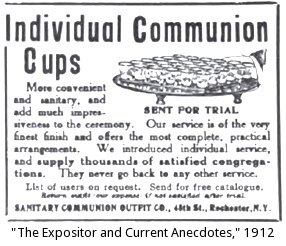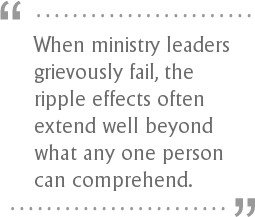Is Congregational Voting Biblical?

For most of us, voting is a common experience. Many vote for our government representatives and, if we are involved in civic groups, we may vote in them as well. Voting is a means by which we express self-determination. “We the people” have the privilege and duty to help choose our future directions.

 Sermon preached at 2010
Sermon preached at 2010  Not long ago, I was paging through my copy of Voice magazine. The issue theme was “measuring church maturity,” and I wanted to see what the issue’s writers had to say on the topic. For whatever reason, church maturity didn’t suggest the idea of “ethics” to my mind. So I was surprised to see
Not long ago, I was paging through my copy of Voice magazine. The issue theme was “measuring church maturity,” and I wanted to see what the issue’s writers had to say on the topic. For whatever reason, church maturity didn’t suggest the idea of “ethics” to my mind. So I was surprised to see  Reprinted with permission from
Reprinted with permission from  Reprinted with permission from
Reprinted with permission from 
Discussion